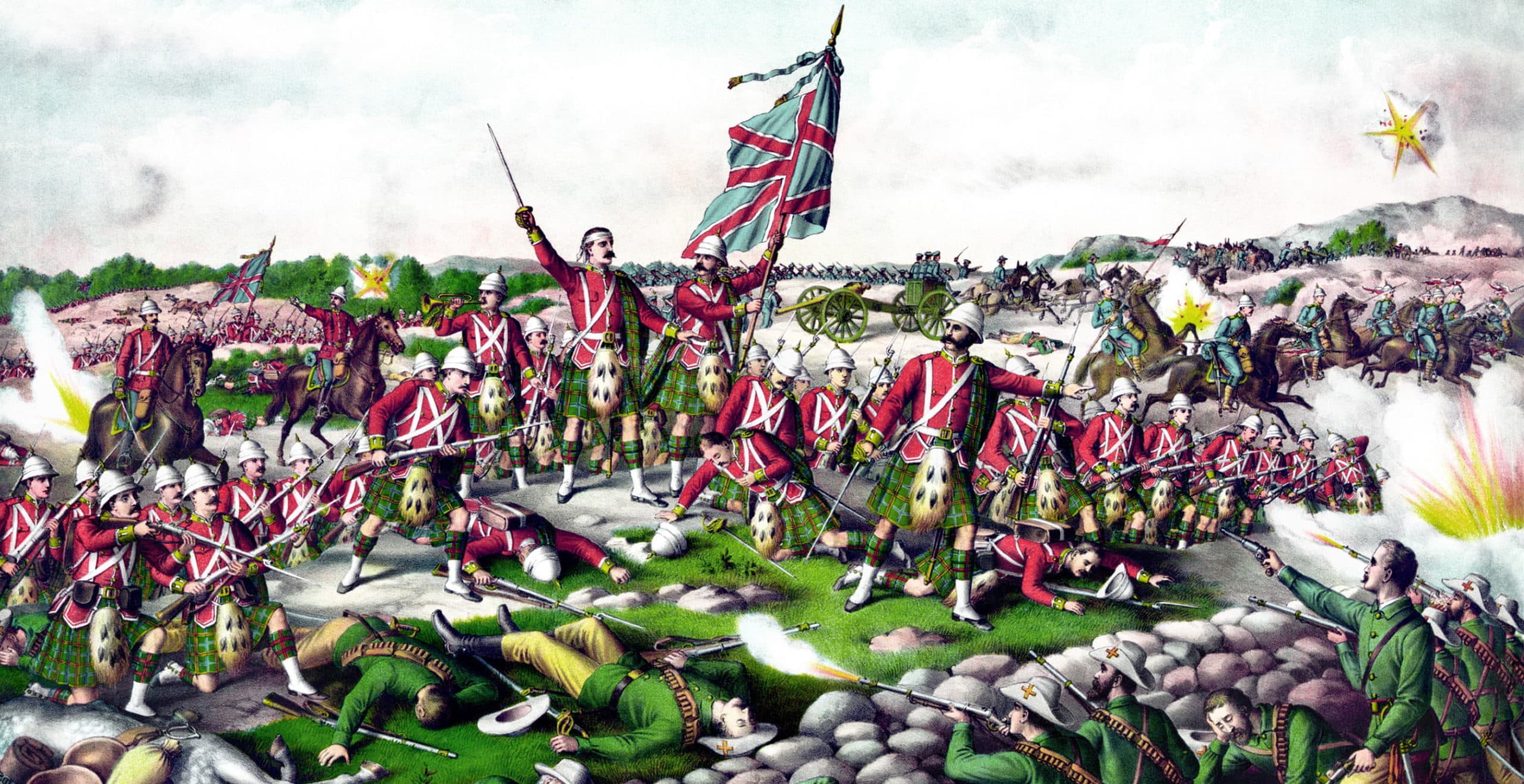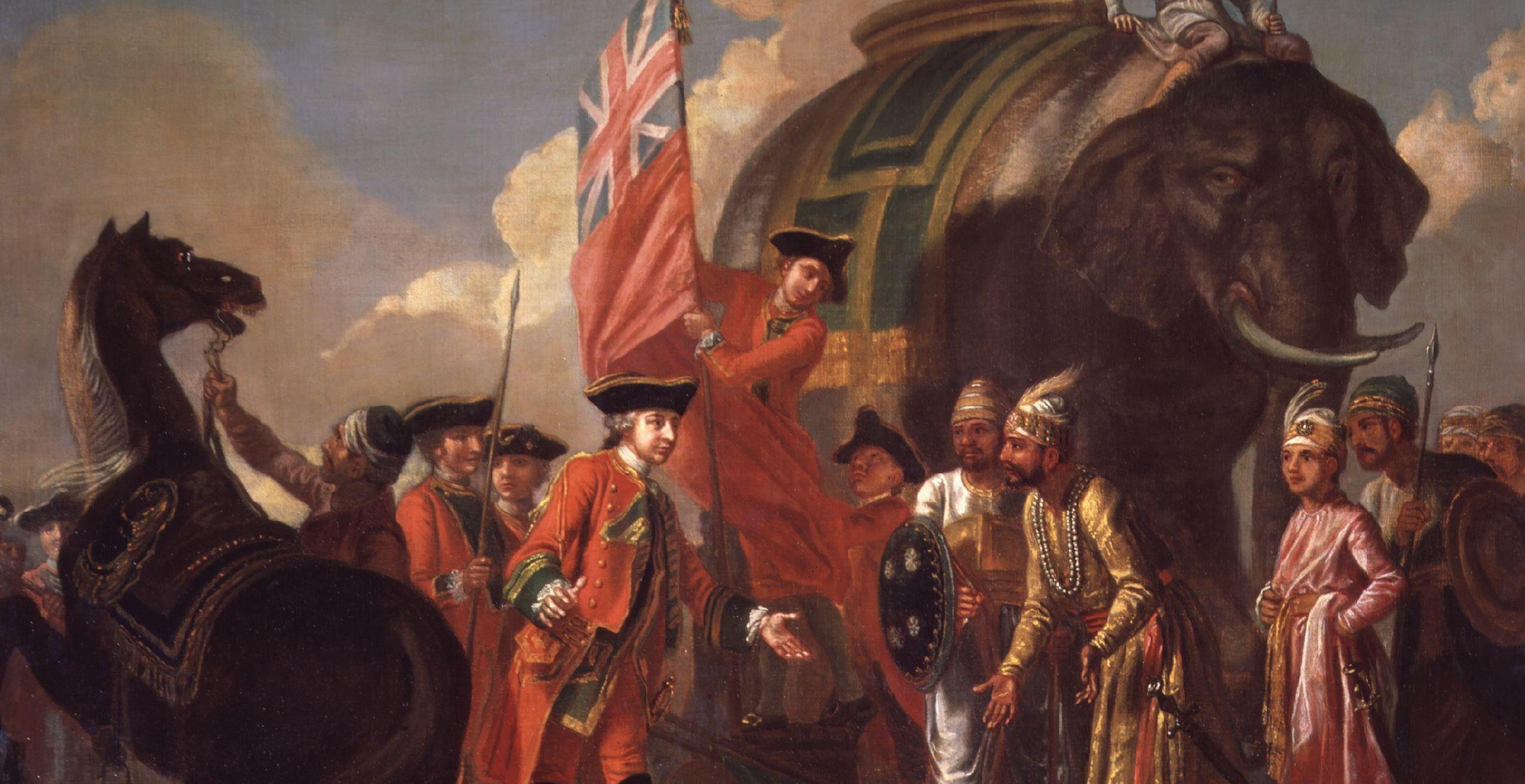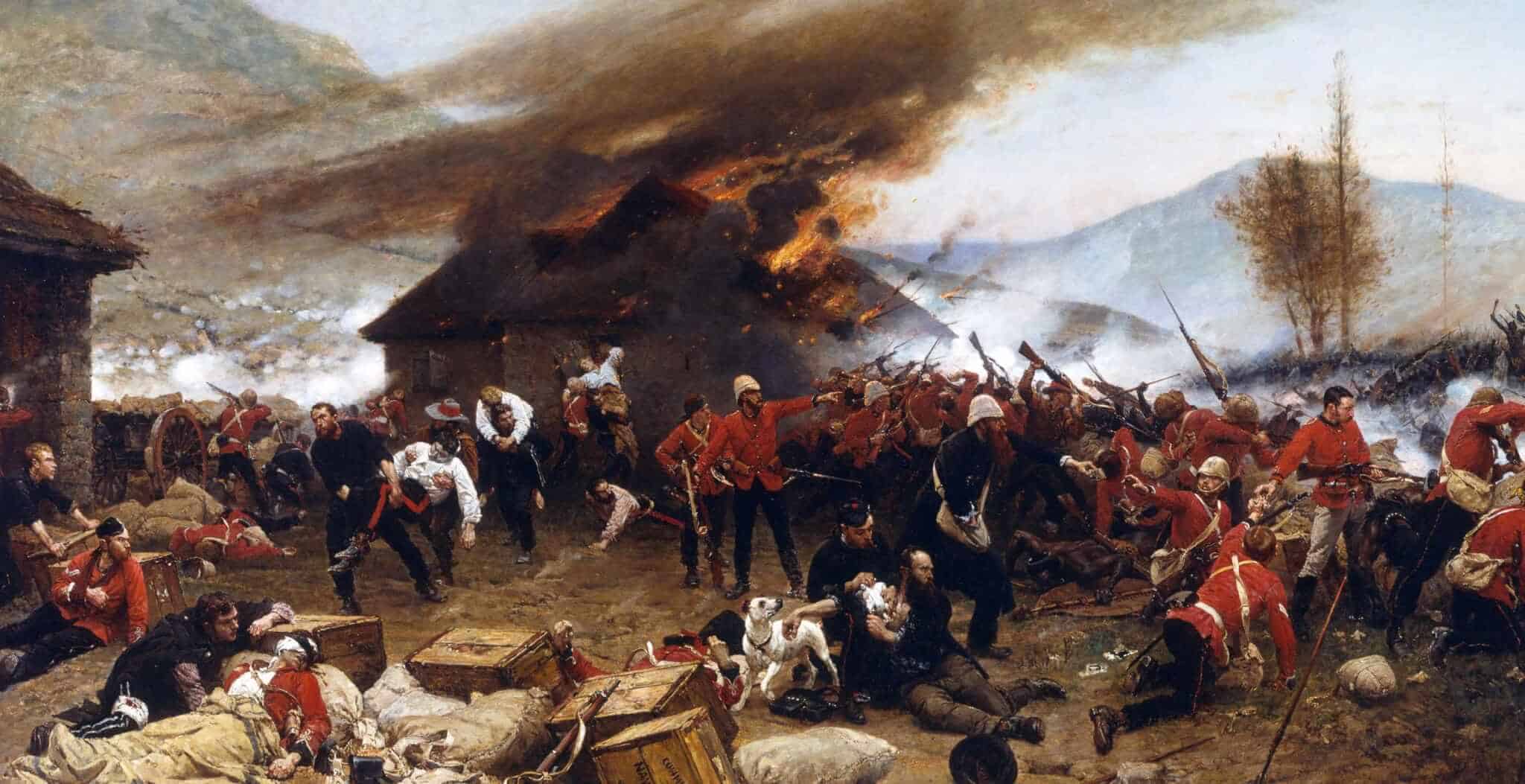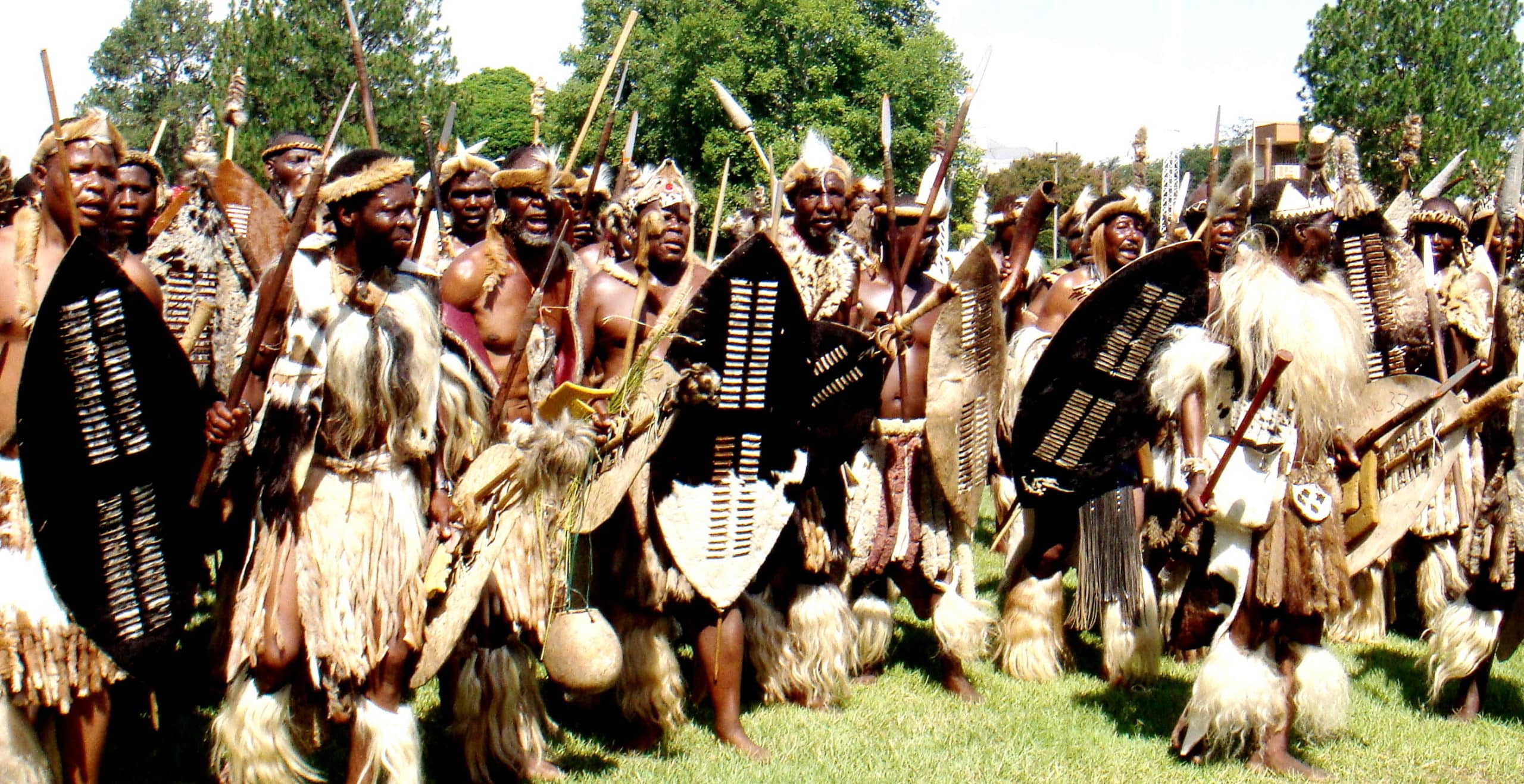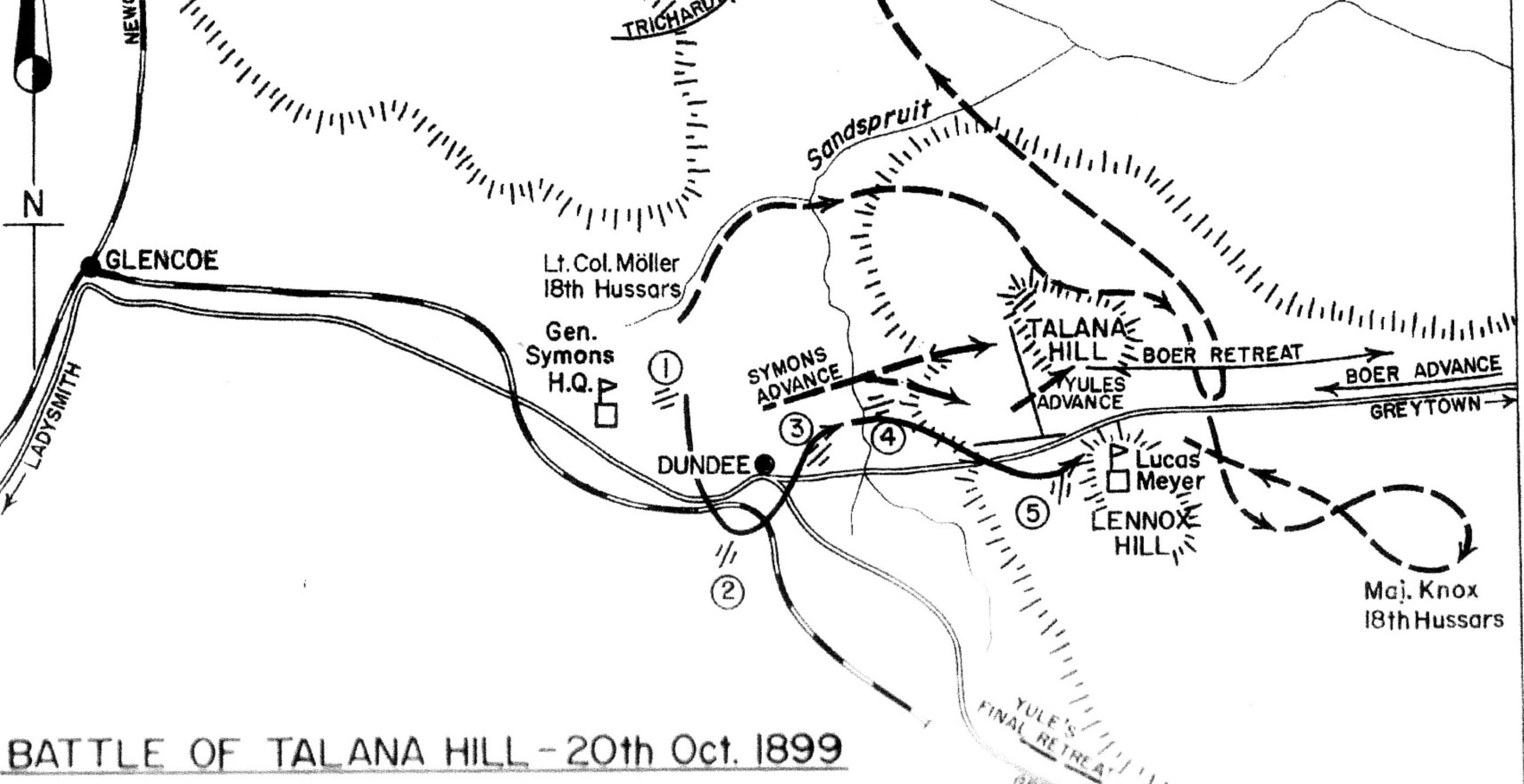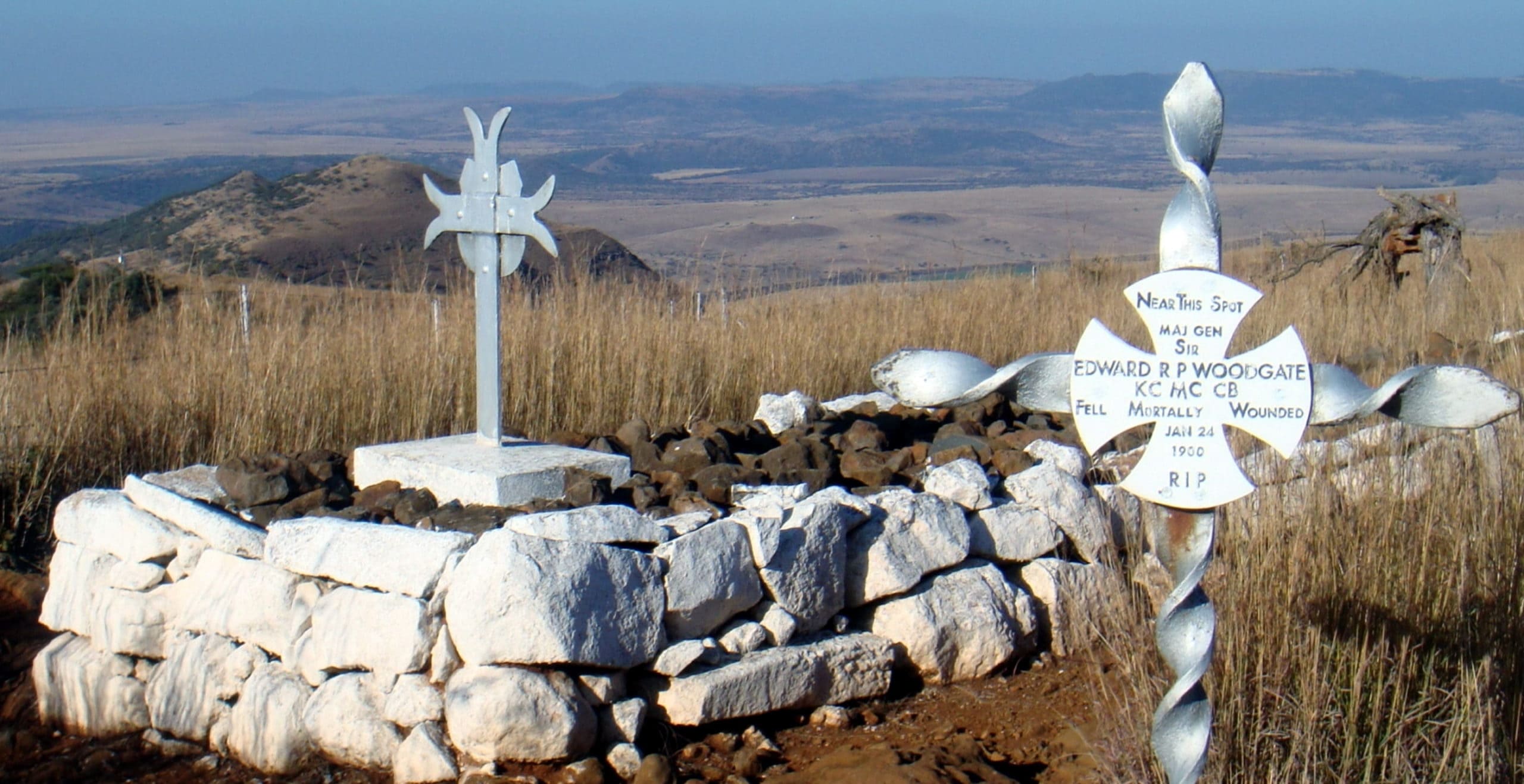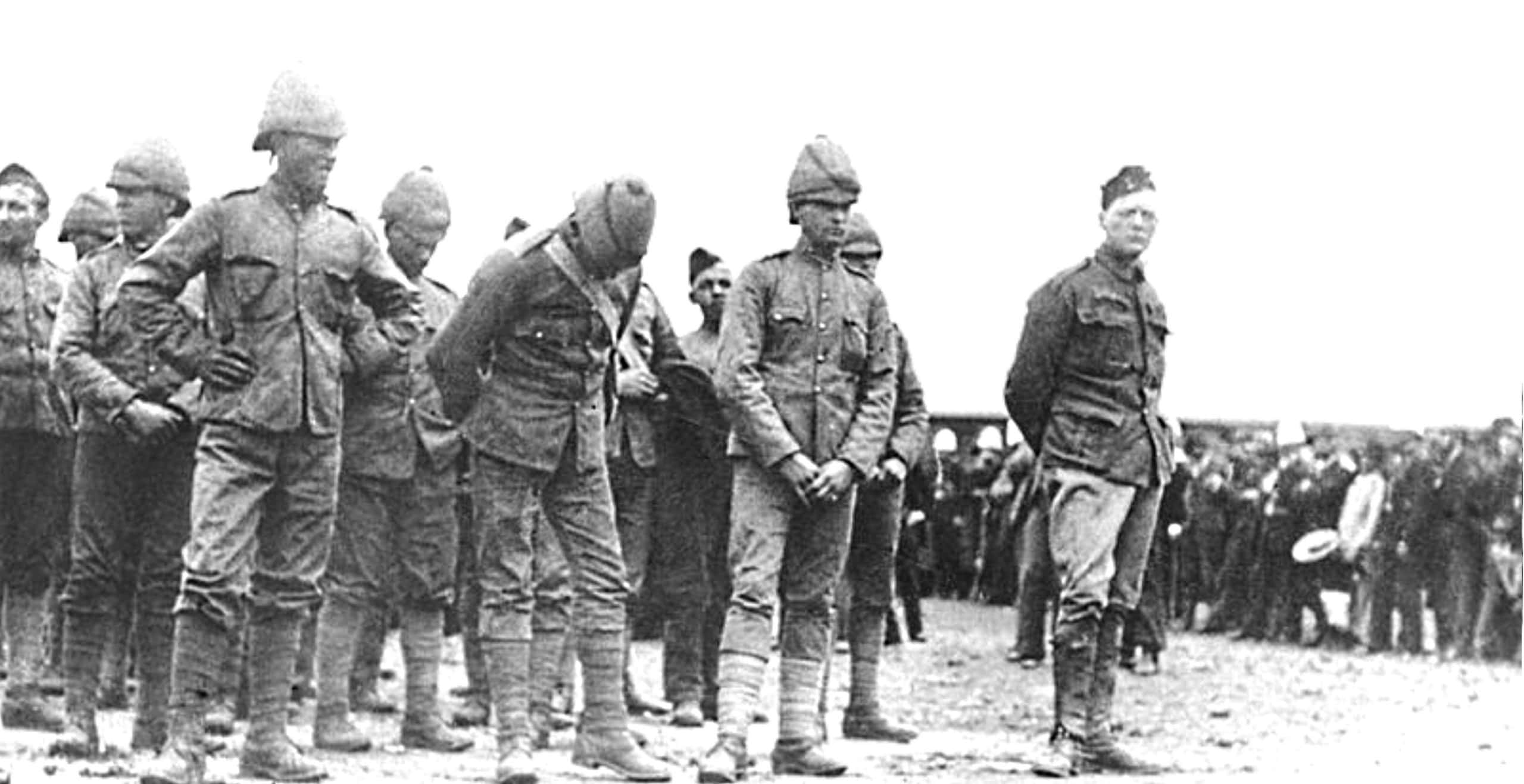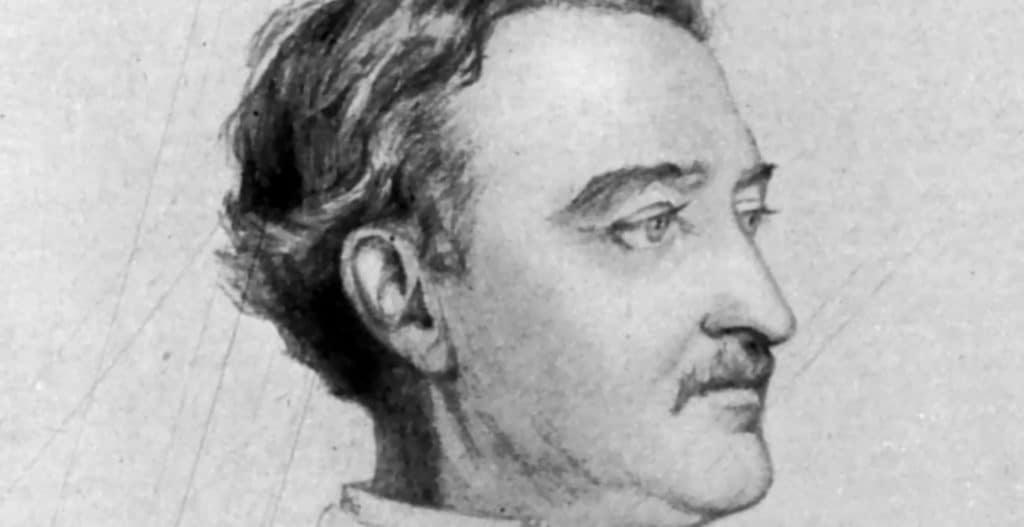The Boer Ultimatum and the Causes of the Second Boer War.
On 11th October 1899, the Second Boer War broke out between the British Empire and the two Boer states called the Republic of Transvaal and the Orange Free State. The conflict arose from a complex accumulation of reasons, centred primarily on a centuries old rivalry between the Boers and Britain who were vying for control. A more immediately pressing issue included who would gain the profits from the Witatersrand gold mines. On 9th October an ultimatum was made to the British to remove all troops from the border: two days later war ensued.
The Second Boer War broke out on 11th October 1899 and concluded on 31st May 1902 with the Treaty of Vereeniging which established British victory, although not easily won. The former republics joined to become the Union of South Africa in 1910 and was absorbed into the British Empire.
The war itself had emerged out of a deep conflict over who would hold power and sway in the country, the British or the Boers. This tension had been brewing for decades but was exacerbated when the prospect of a lucrative gold mine made the acquisition of South Africa even more tempting for both parties.
South Africa had experienced European settlement since the Cape of Good Hope was founded in 1652. From this moment onwards, the Dutch had remained in charge of administering affairs in the country, governed by the Dutch East India Company until its failure at the end of the 1700’s. In this period, and set in the context of the ensuing Napoleonic Wars back in Europe, Britain had managed to occupy the Cape on three occasions, causing political distress back home in the Netherlands. This soon resulted in more permanent occupation by British forces after they defeated the Dutch in 1806 at the Battle of Blaauwberg. This dealt a massive blow to Dutch prospects on the international stage.
The battle, which was also known as the Battle of Cape Town was a small conflict which had enormous ramifications for the next century of European settlement in South Africa. The Cape Colony belonged to the Batavian Republic and was home to around 26,000 colonists. Those that had already settled included a large majority of Dutch but also families of Germanic and French Huguenot descent. The colonists were therefore made up from different sub-groups, the largest and most distinct being the Boers.
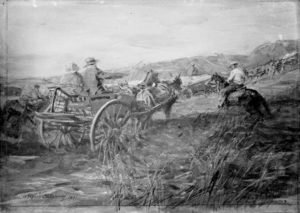
The Boers as a group had worked as itinerant farmers, willing to live and work on the frontiers of the colony to find better land for the livestock. Once British rule had been established in the area, the Boers were dissatisfied on a number of key issues of British governance. One particular bone of contention included the abolition of slavery on 1st December 1834, which was met with a huge response by the Boers called the Great Trek. This was essentially the plan to leave the colonial rule of the British and migrate elsewhere.
The Boers subsequently departed the Cape Colony and moved towards the region of Natal on the eastern coast in large numbers amounting to around 15,000. Britain responded with the annexation of the region in 1843 which caused the Boers to journey farther afield where they established two independent Boer Republics called the South African Republic or the Transvaal Republic and the Orange Free State. Britain then proceeded to formally recognise the two republics but that did not stop it attempting to annex Transvaal around twenty years later. This ultimately led to the First Boer War of 1880 which resulted in continued independence for the two republics. However, the tentative steps of co-existence remained noticeably fragile between the two, culminating once again in another Boer War a couple of decades later.
One very crucial factor leading to the war in 1899 was the discovery of gold at the Witwatersrand mines. In previous decades, the diamond industry at Kimberley was the major draw for foreigners travelling to South Africa in the hope of making money. The influx settled around the border region of the Orange Free State, one of the two Boer states declared independent from British rule. In the next few decades an even more promising discovery was to be found: gold.
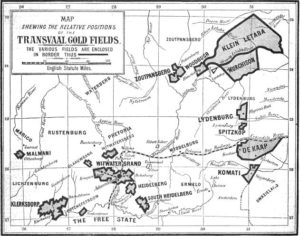
Gold discovered in 1886 in the Transvaal region made it the richest area of southern Africa and led to an influx of foreigners into the independent Boer republics. The Boers referred to these foreigners as uitlanders who were begrudgingly accepted into the region in order to help them develop the industrial base needed for the gold at Witwatersrand. The Boers alone did not have the resources or manpower to develop and so the immigrants, mainly coming from Britain, travelled to the republic hoping for employment and fortune. Eventually, this group began to overtake the original population of Boers which caused tension between the earlier settlers who became resentful of the new non-Boer English-speaking settlers.
During the ongoing escalation of tension between the two groups, the unsuccessful Jameson Raid in 1895 added to the simmering prospect of out and out conflict between Boers and uitlanders. The raid was orchestrated by Dr Leander Starr Jameson who wanted to create an uprising of the uitlander population in Johannesburg but rather unsuccessfully failed to win over the support of the uitlanders themselves. The raid ended with the Transvaal government surrounding Jameson’s men before they could even reach their intended destination of Johannesburg. This attempted raid represented the larger ambition of the British, instigated by figures such as the newly appointed Colonial Secretary, Chamberlain and the likes of Cecil Rhodes who were growing in confidence about the prospect of expanding British Imperial territory.
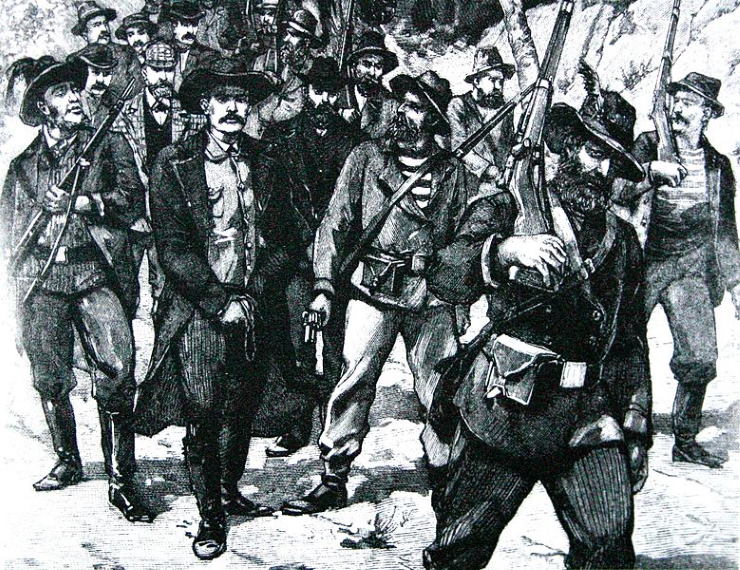
Some important figures in the political sphere continued to lock heads about the republics and uitalander issue. Those such as Cecil Rhodes who served as premier of Cape Colony in 1890 was in direct opposition to Paul Kruger, President of the Transvaal (sometimes known as SAR) republic who was a keen supporter of Boer independence in the face of increasing British imperial ambitions.
Rhodes meanwhile was keen to not let the Transvaal republic threaten Britain’s position in South Africa. In particular, he wanted to prevent the prospect of Transvaal Boer access to sea routes. Subsequently, Alfred Milner, the High Commissioner for South Africa in 1897 attempted to change the political status quo in the republics, attempting to give Uitlanders more political rights, thus tilting the balance of power in favour of Britain.
Negotiations proved unsuccessful at the Bloemfontein Conference in June 1899. Kruger was willing to make some concessions however Britain was unsatisfied by the offer, prompting Milner to make the request for more troops at the border. For the Boers, it was difficult to navigate, knowing that full voting rights would give British-born voters more say and ultimately undermine Boer control. In September of the same year, British Colonial Secretary Joseph Chamberlain made the call for full voting rights and representation for uitlanders.
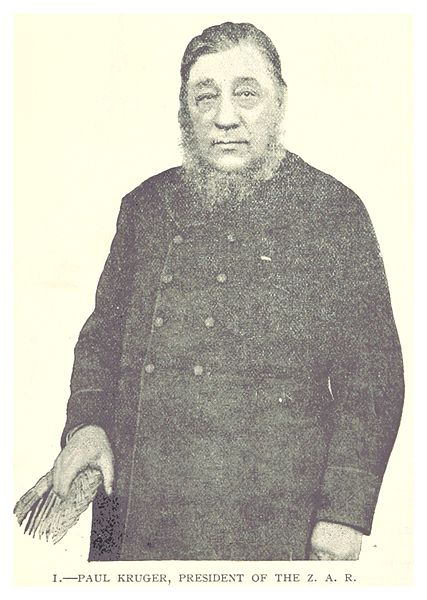
In response, after a consistent lack of progress on the issue, on 9th October 1899 an ultimatum was given by the President of Transvaal (SAR), Paul Kruger, to the British government. The British government would have forty-eight hours to withdraw their troops from the borders of Transvaal and Orange Free State and if they did not, the republics allied together would declare war on Britain.
The ultimatum was subsequently turned down by the British and the Transvaal Republic along with the Orange Free State declared war. For the key players involved, the stakes were high and in the end, power-hungry ambitions and money-making prospects proved too much to resist.
Jessica Brain is a freelance writer specialising in history. Based in Kent and a lover of all things historical.
Published: 16th September 2021.
